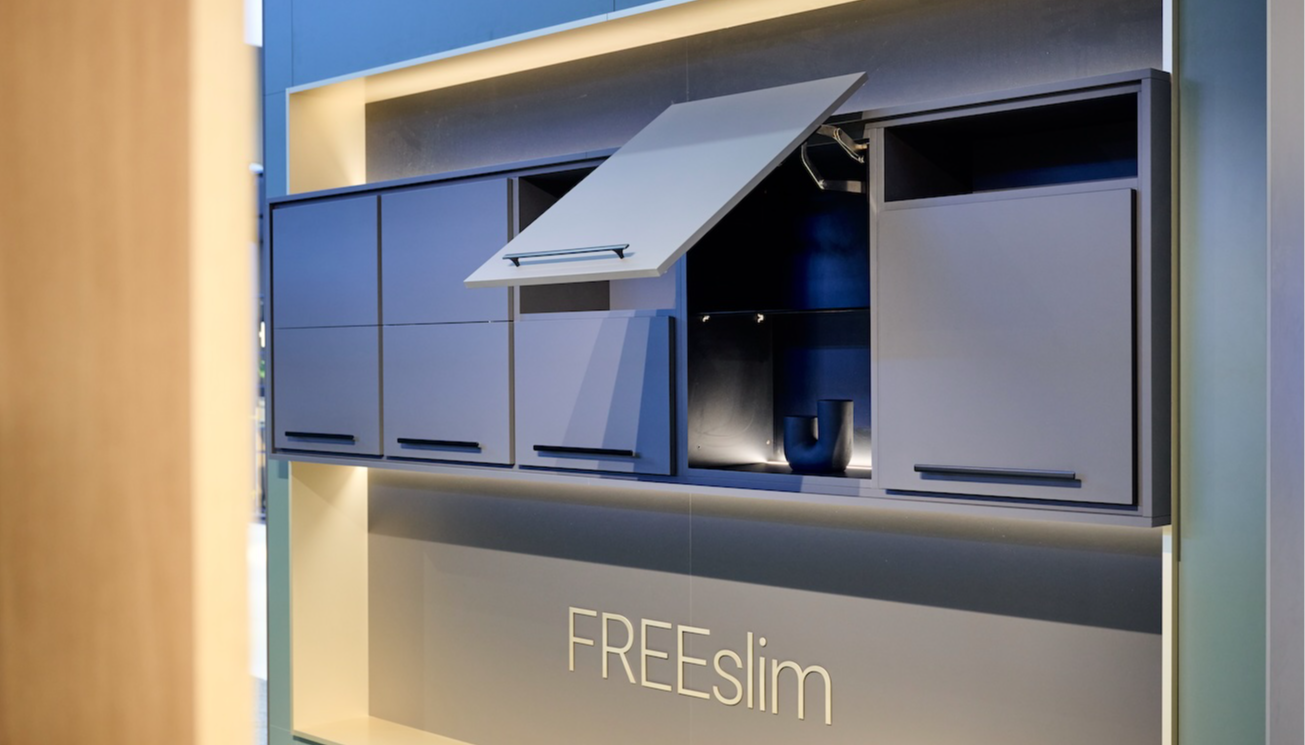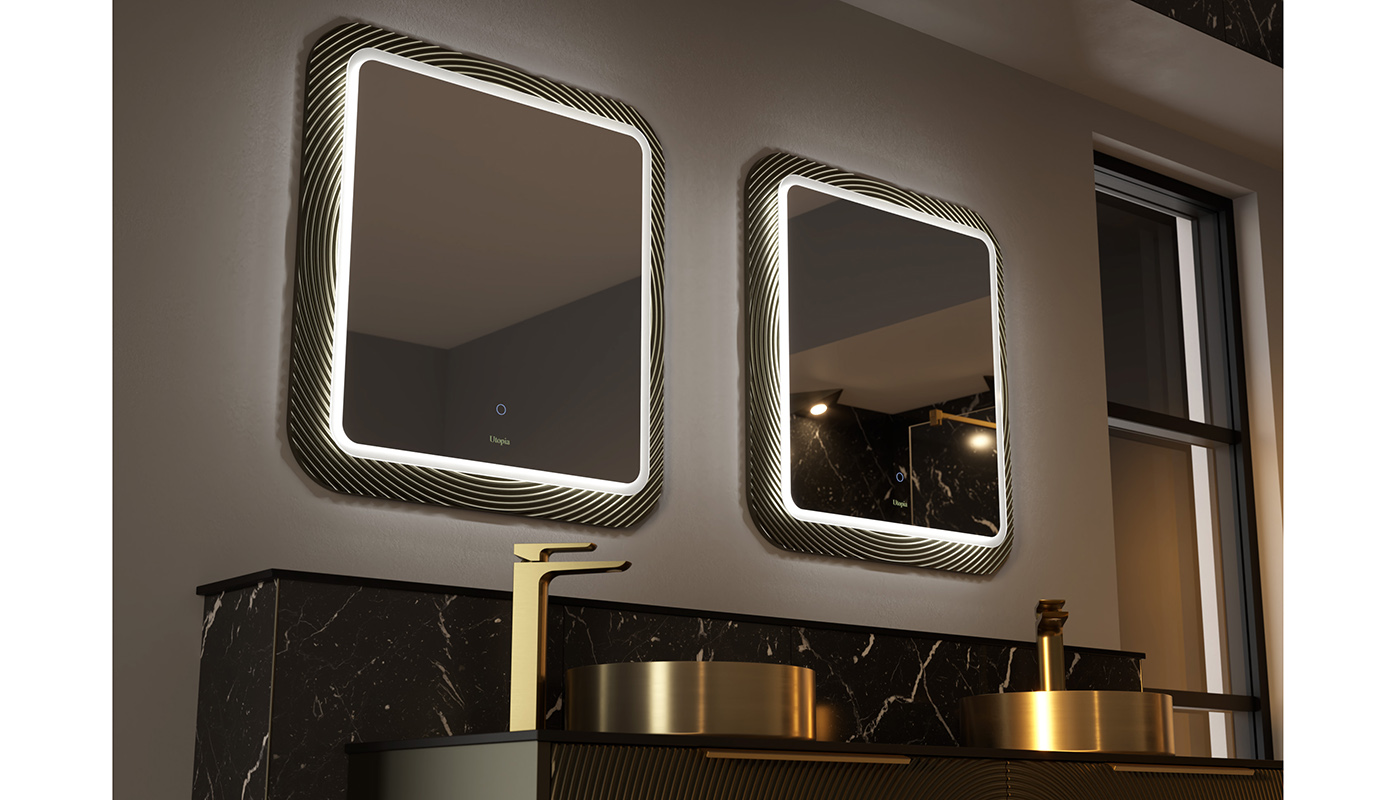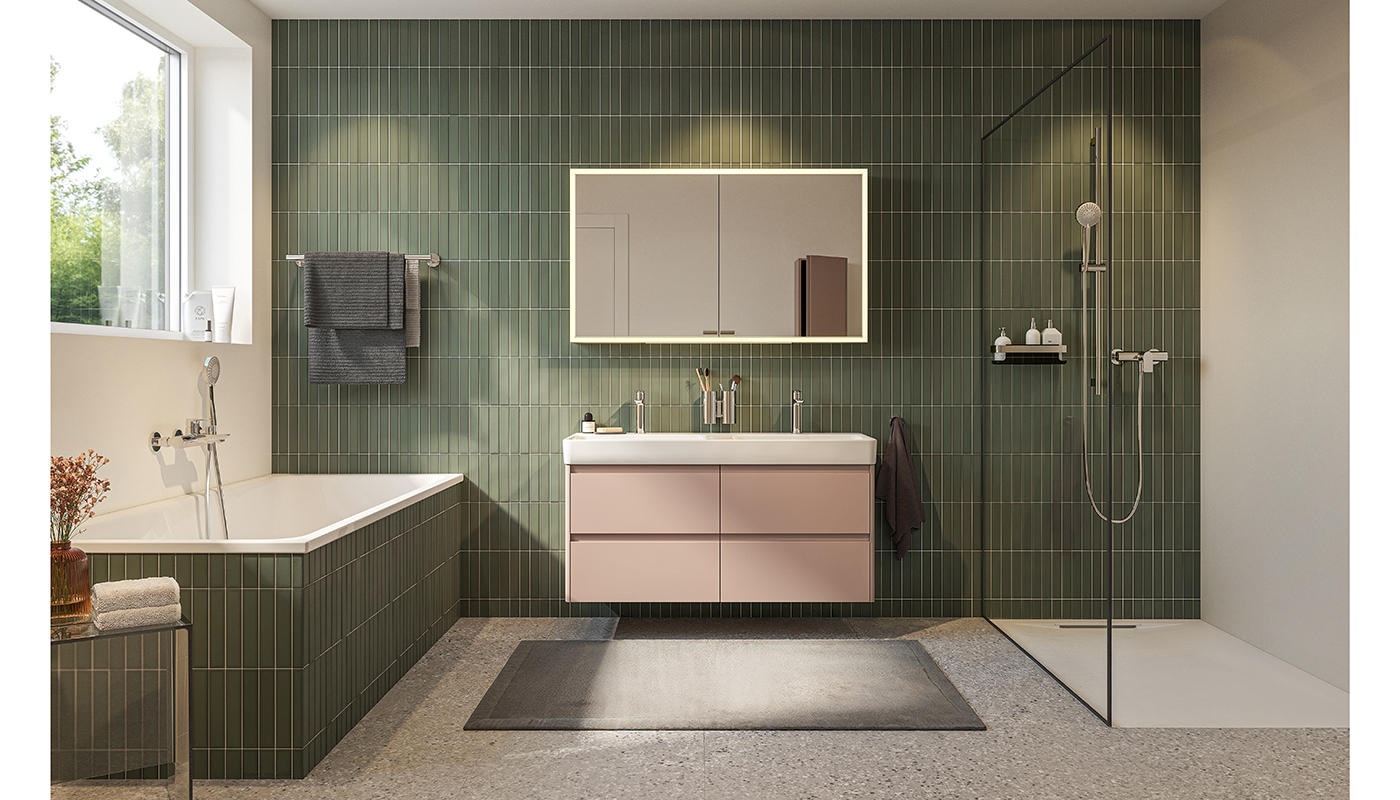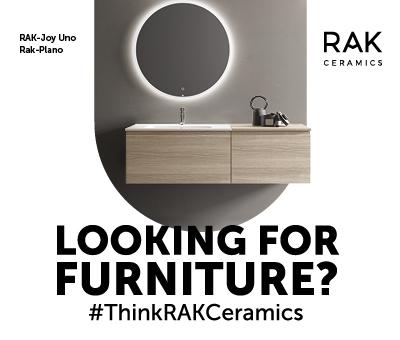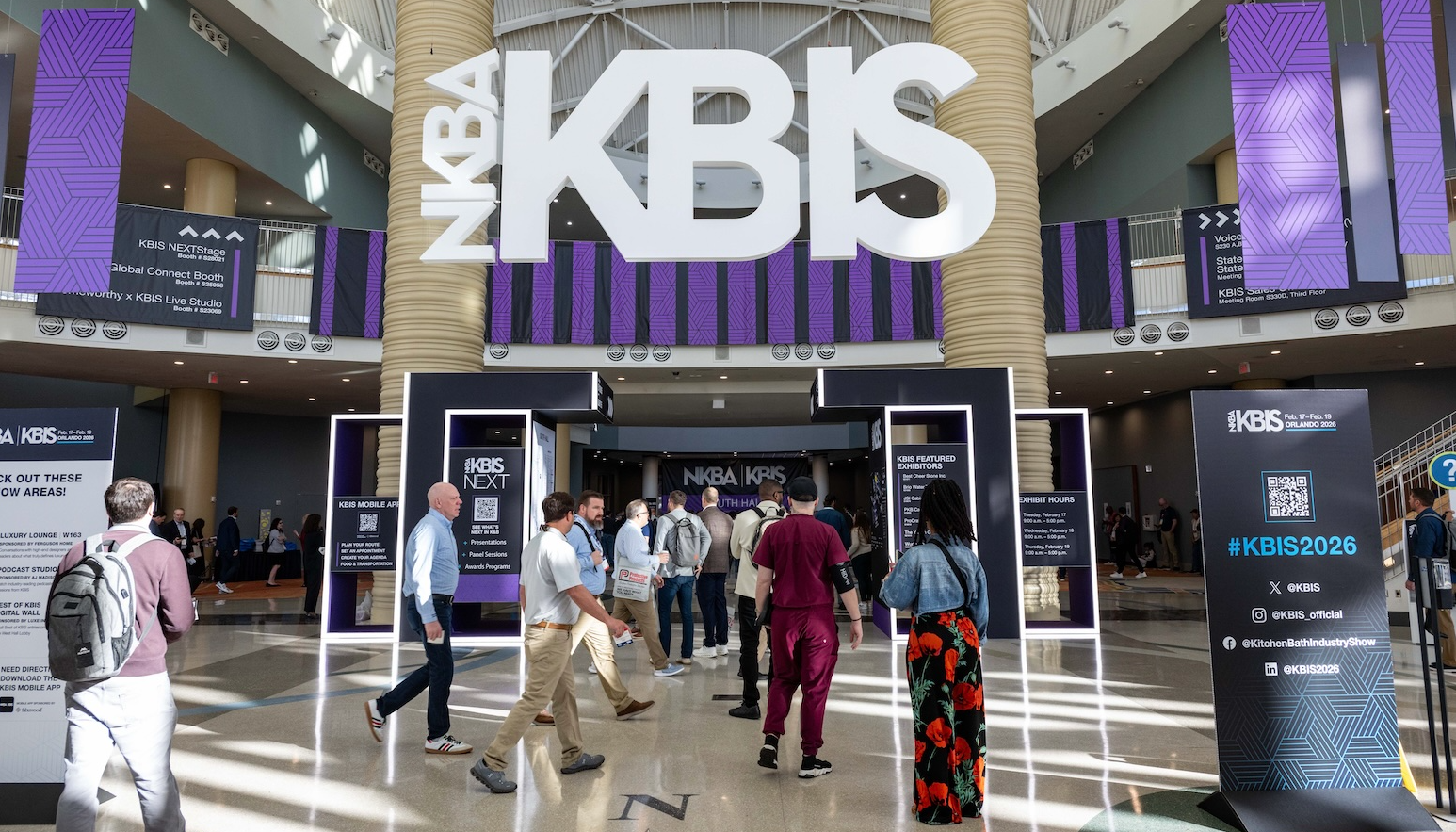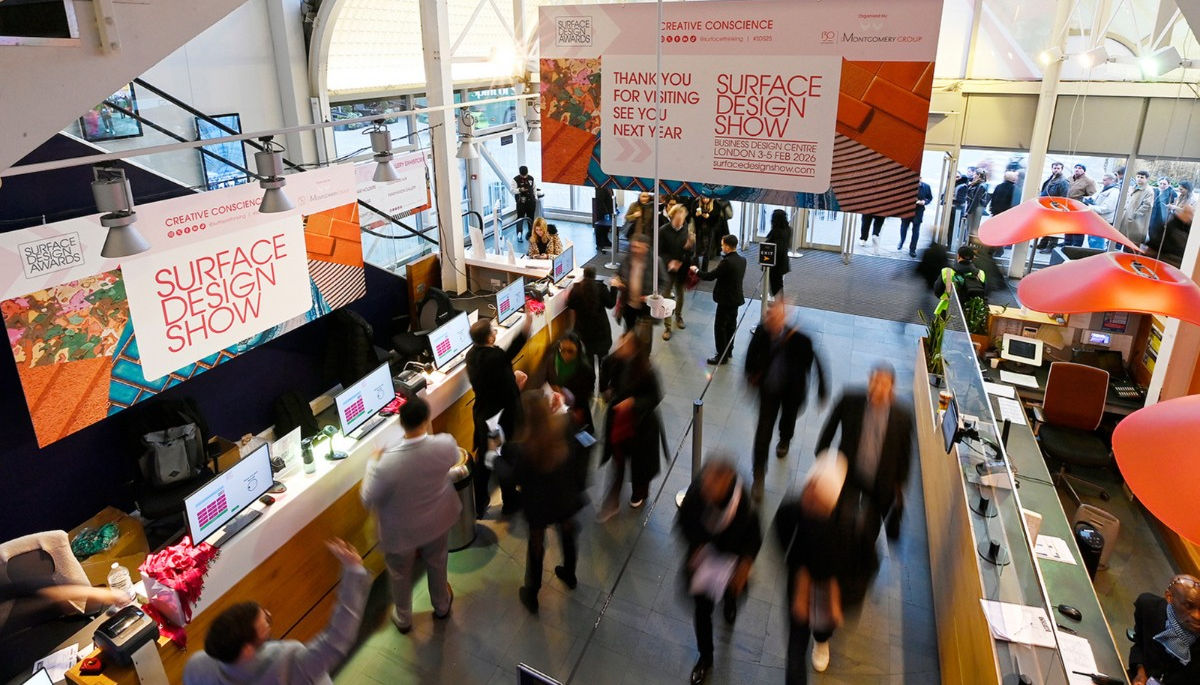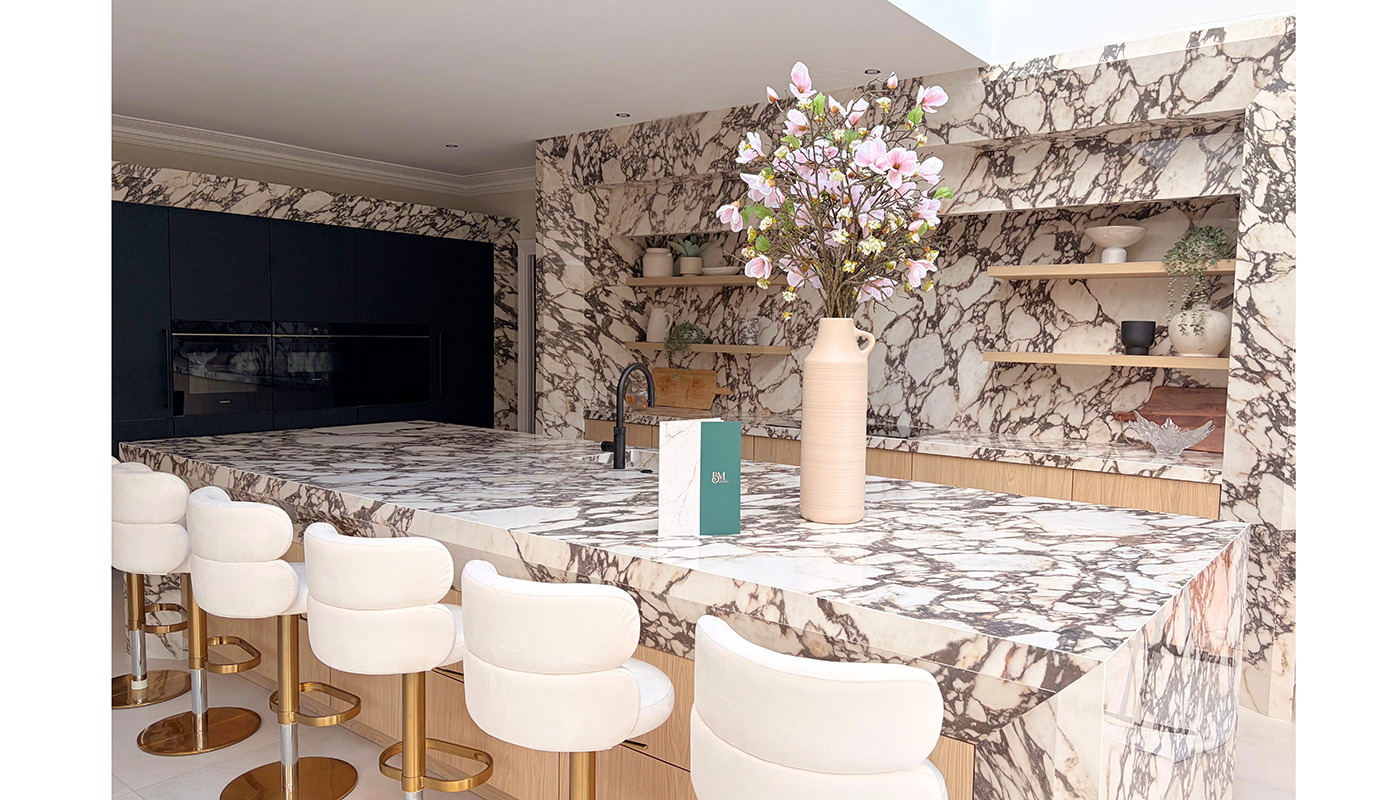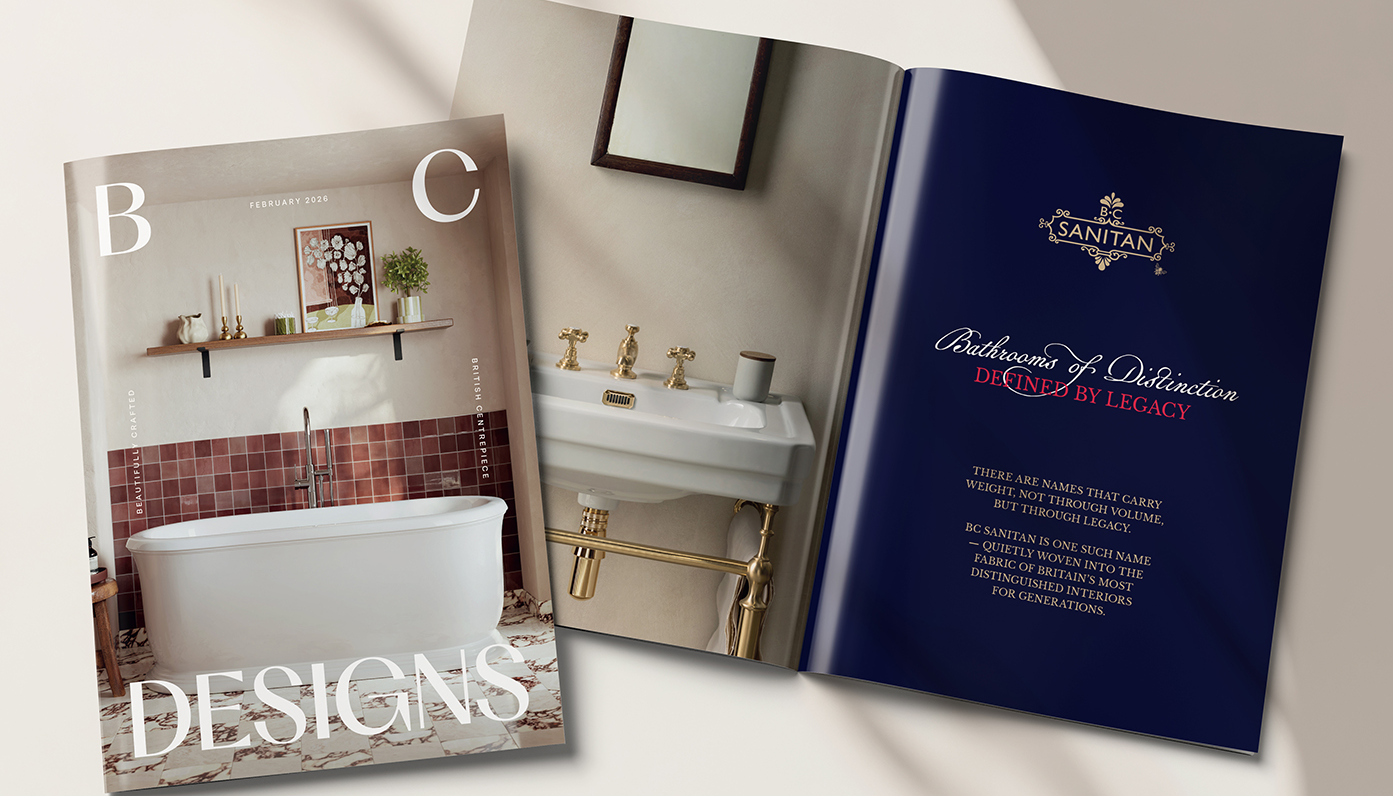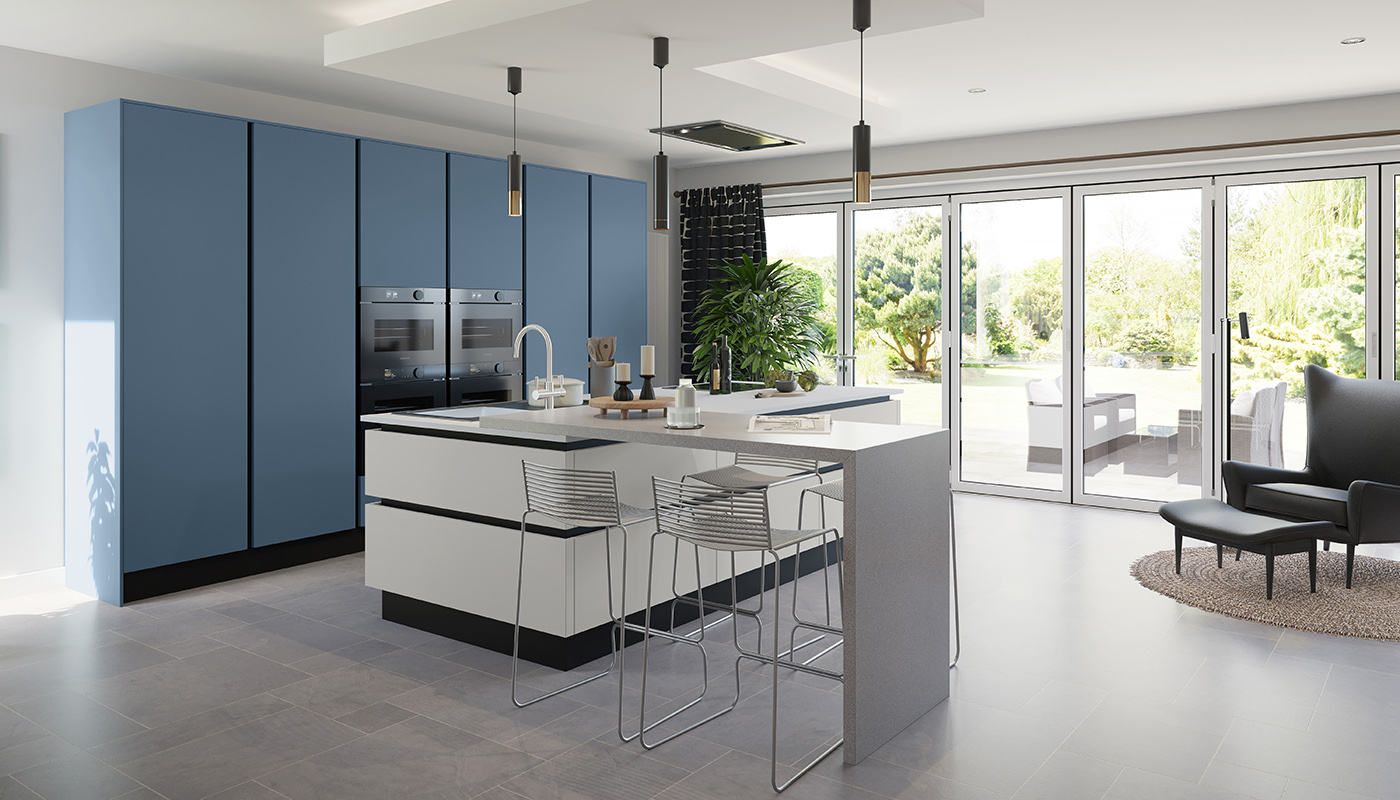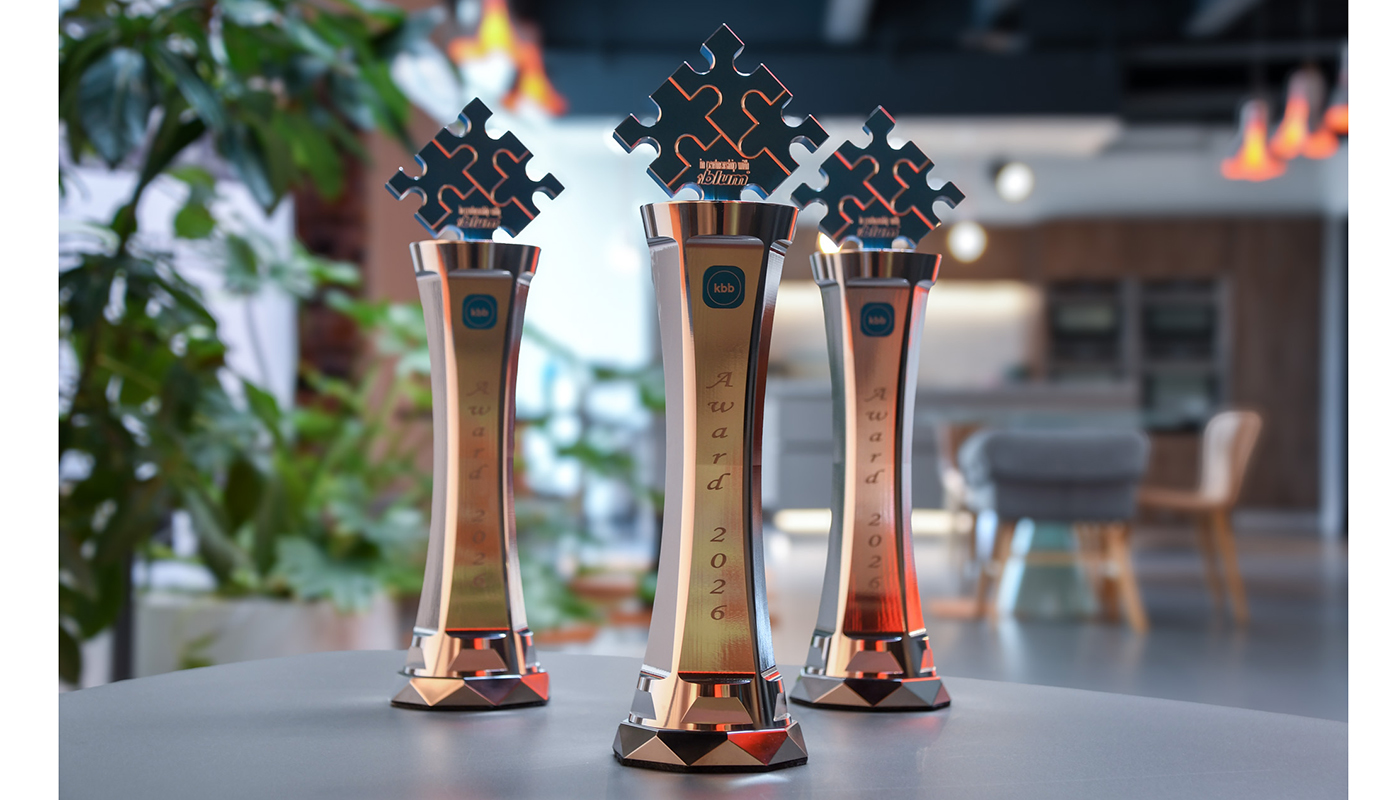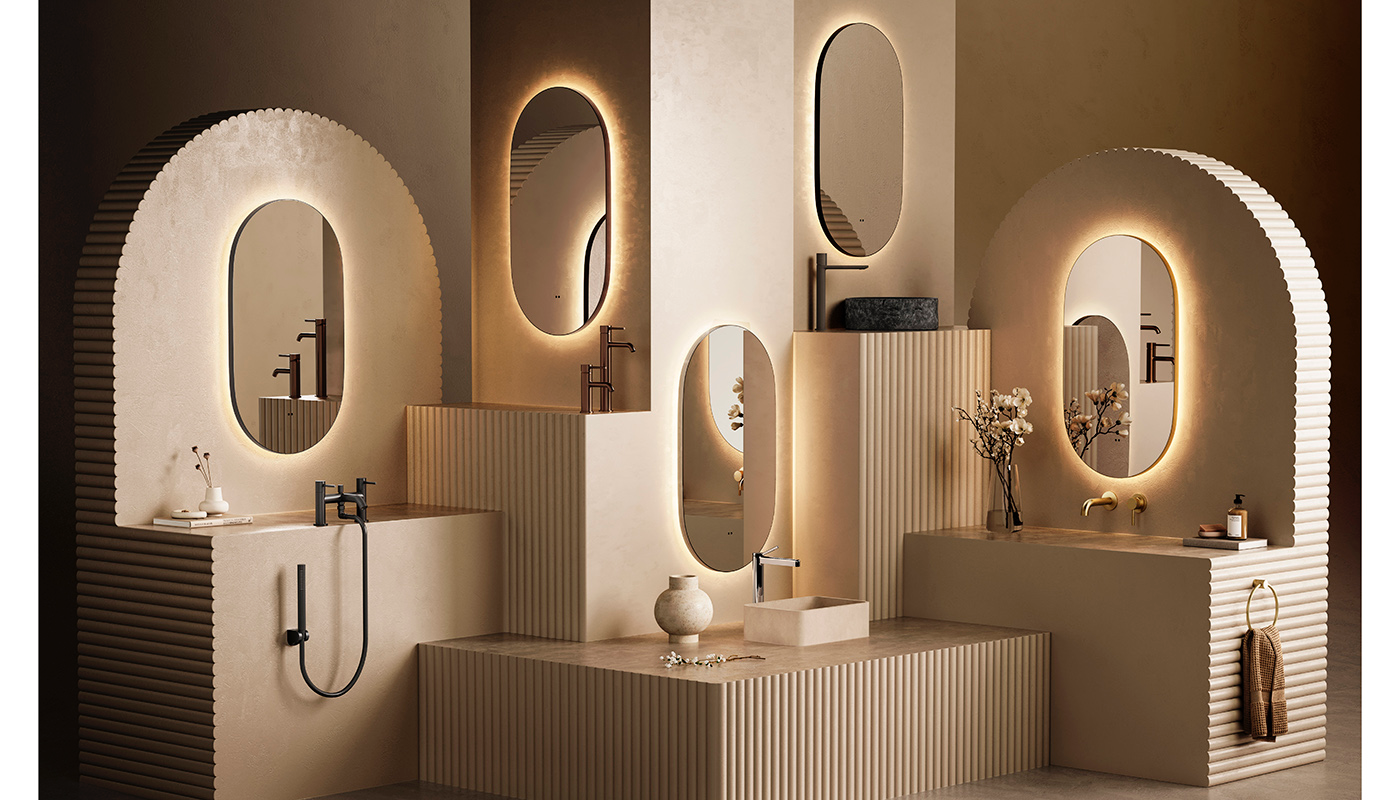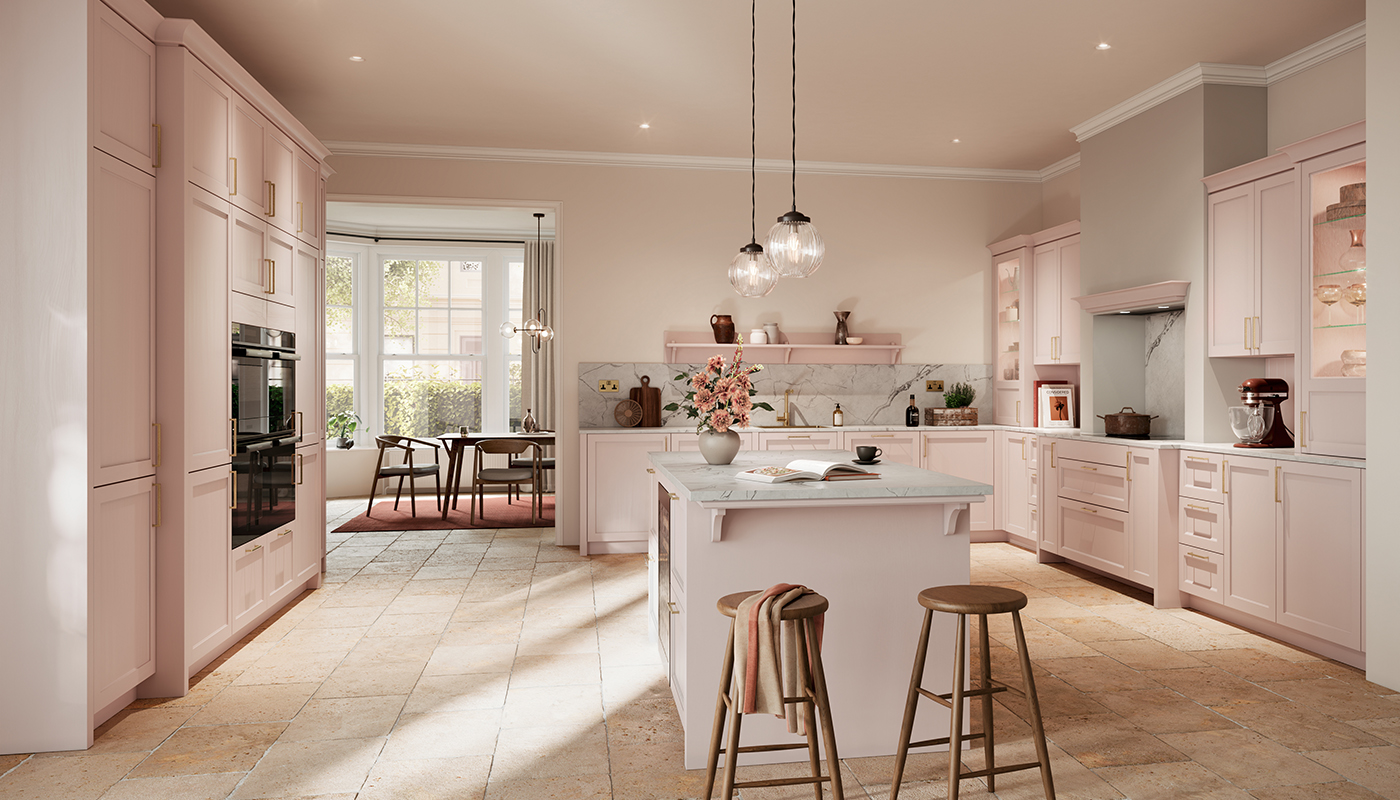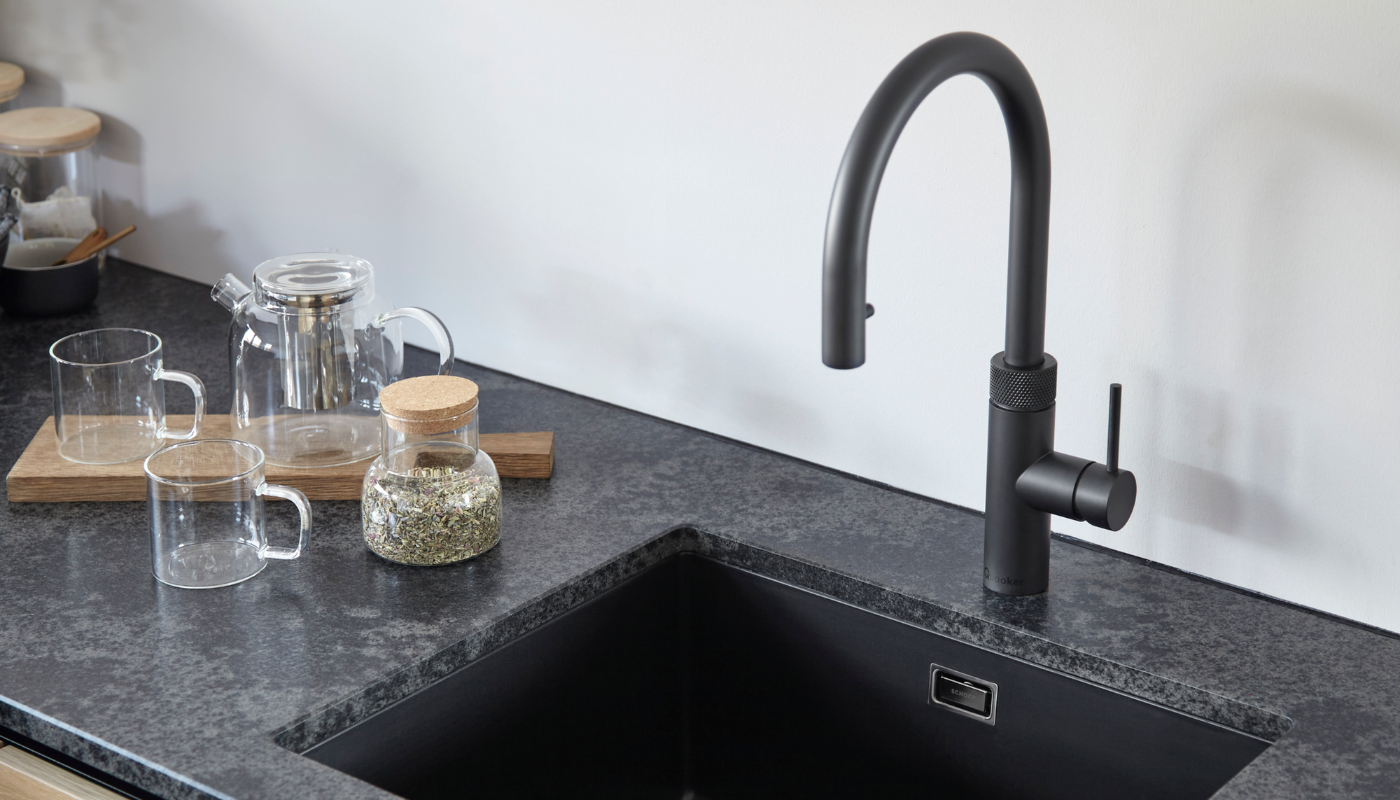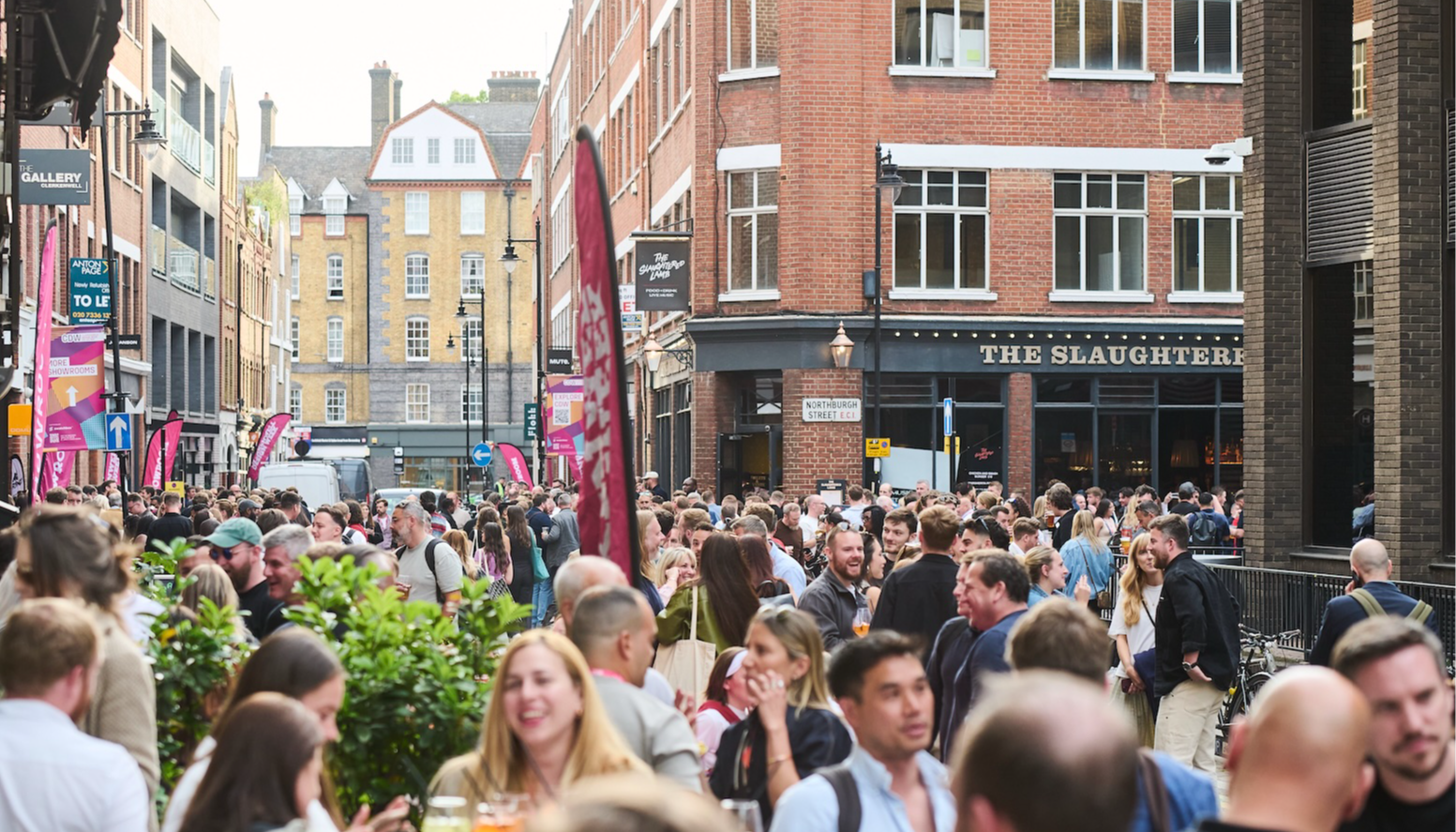Eco-conscious consumers are driving demand for 'greener' bathrooms
Wed 7th May 2025 by Sally Smith
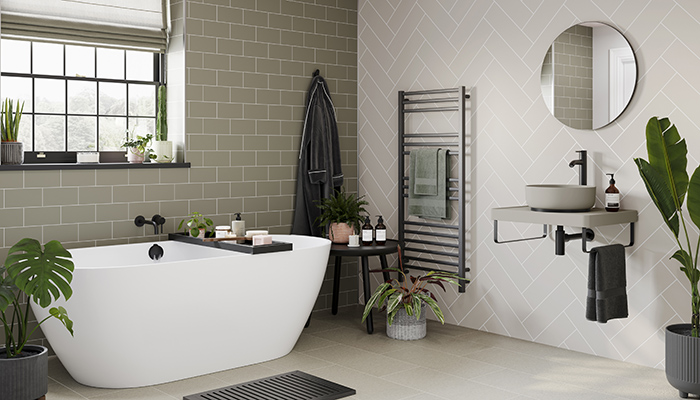
Eco-conscious consumers are driving demand for 'greener' bathrooms
Increased use of renewable energy, the introduction of innovative materials, and combining water efficiencies with end-to-end sustainable production continues to be a priority for the bathroom sector – Sally Smith investigates.
Recent market research from Statista confirms that the majority of UK consumers aged 16-44 are more likely to buy from a retailer or brand that has strong ethical and sustainability credentials.
"The bathroom industry has a real opportunity to help buyers save time, money and energy, by supplying products, which take a more considered approach to sustainability," says David Boddy, Abode product manager.
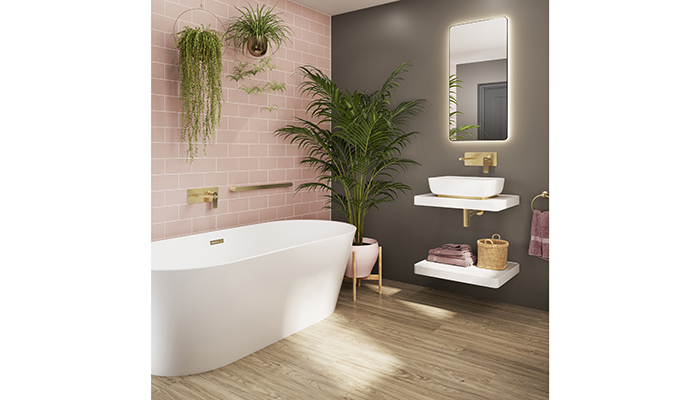
Abode has recently launched CAVA RemaStone, an eco-conscious range of basins containing 35% recycled content sourced from upcycled materials, including old basins, kitchen sinks, and production waste. "RemaStone is over 20% lighter in weight when compared to natural stone, making it easy to mount directly on a countertop, quick to install, and far more affordable," adds Boddy.
Climate neutrality is a key pillar for both bathroom retailers and manufacturers; extending product lifespans, reducing carbon footprints as well as optimising resources are vital to meet the changing requirements of the market.
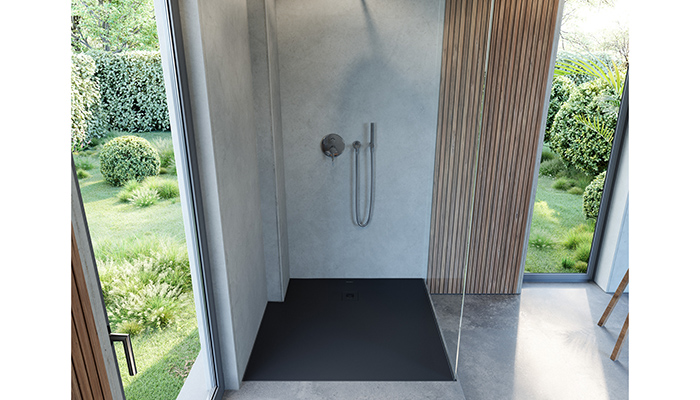
"We are in the process of questioning old certainties and investing in finding and implementing new ways of achieving a sustainable future. Our Canadian production facility is on schedule to commence operations later this year with a ceramic furnace powered with 100% green energy," explains Stephan Patrick Tahy, CEO Duravit AG.
DuroCast Nature is Duravit’s first recyclable mineral material, made from polyurethane mixed with marble powder and sealed with a gelcoat surface. "This composition gives the material excellent properties making it robust, UV-resistant, easy to clean, with maximum anti-slip properties on the matt surfaces. Perfect to use in the bathroom, which is why we have been able to develop Sustano, our first recyclable shower tray," adds Tahy.
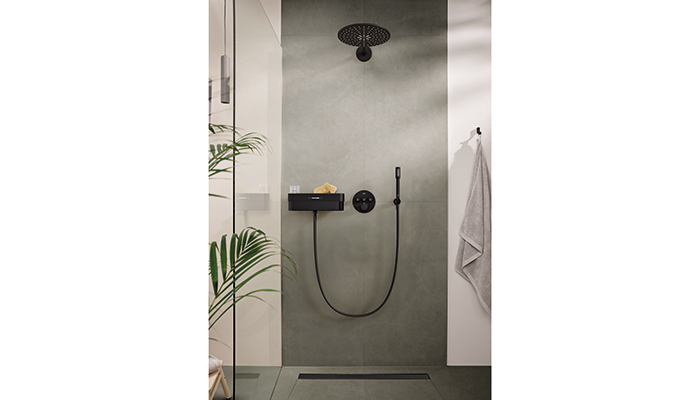
In a recent study conducted by YouGov on behalf of Grohe, 67% of those surveyed in the UK are worried about their environmental impact while showering and bathing. "We showcased our Rapido Heat Recovery shower system at ISH 2025. This concealed system harnesses waste heat from used water to preheat incoming cold water, significantly reducing energy consumption while maintaining a pleasant showering experience," says Lewis Neathey, leader, marketing & product management at Grohe UK, Lixil, Emena.
He adds: "Since the introduction of our sustainability programme in 2014 we have reduced our greenhouse gas emissions by around 40% while increasing energy efficiency by 24% by utilising green electricity and investing in solar technology and refining the manufacturing processes."
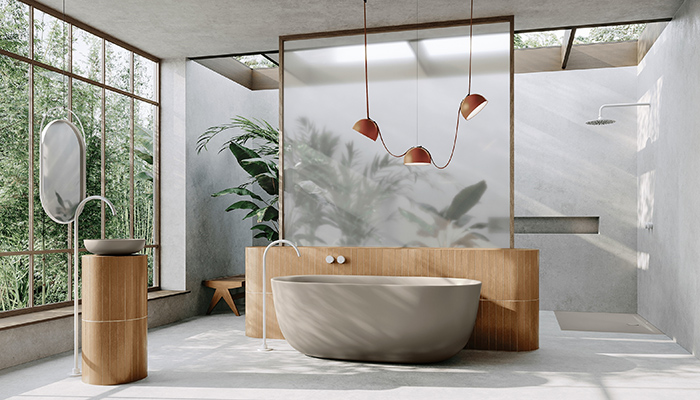
Sustainability has been part of the Kaldewei ethos for many years and the company says it is continually looking at ways to improve. Adam Teal, country manager at Kaldewei UK, says: "Since 2021 we have been able to use both CO2 free bluemint steel from Thyssenkrupp and CO2 neutral XCarb Green Steel from ArcelorMittal in our production processes."
Teal adds: "An Environmental Product Declaration, [EPD] is a valuable tool when making decisions on the environmental impact of a product throughout its life cycle. This independently verified report provides transparent and reliable information that will go a long way towards increasing the authenticity of sustainable products."
The aim to achieve carbon neutrality across all operations by 2045 is a driving force for all sectors of the bathroom industry.
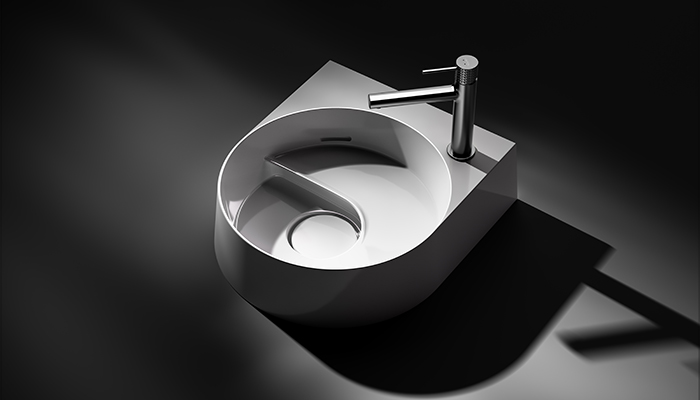
A significant milestone in the Laufen net zero journey was the opening of an electric tunnel kiln for their sanitary ceramics at their Gmunden, Austria plant in November 2023. Emma Mottram, brand marketing manager at Laufen, says: "This kiln operates without CO₂ emissions, marking a revolutionary step in sustainable ceramic production. Compared to the previous gas-fired kiln, emissions have decreased by around 5,000 tons of CO2 per year. We are proud to say the kiln’s energy needs are fully offset by rooftop photovoltaic systems, converting sunlight into electricity making it entirely self-sufficient."
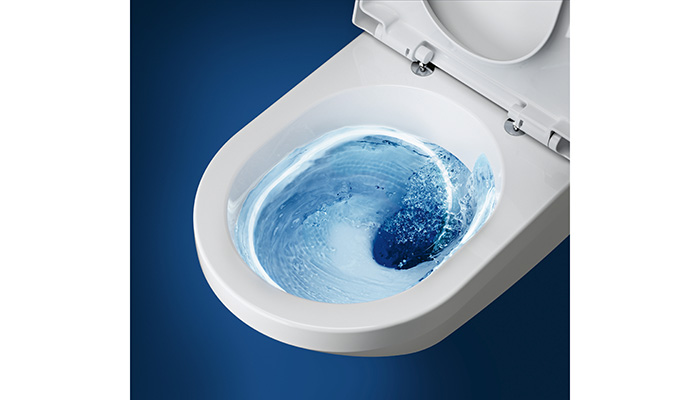
Leanne Martin, UK marketing director at Villeroy & Boch, adds: "We recognise that consumers are placing ever greater importance on eco-friendly home solutions. We will continue to invest in Research & Development to push advances further to deliver even greater water efficiency, new sustainable materials and enhanced energy efficiencies in the bathroom in both our brands, Villeroy & Boch and Ideal Standard."
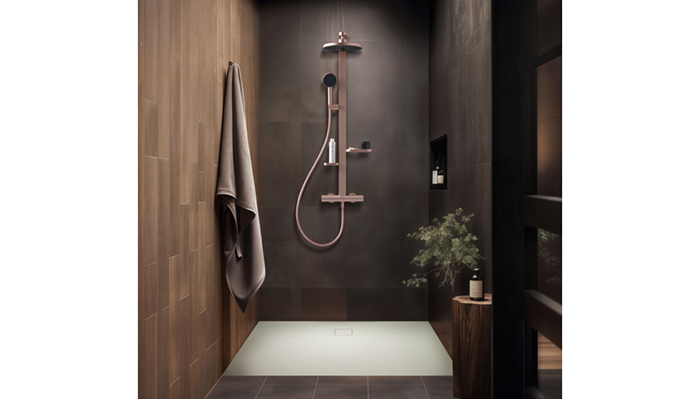
Eco-friendly materials and water-saving features are top of the wish list for customers, increasingly shifting demand towards more sustainable bathroom products.
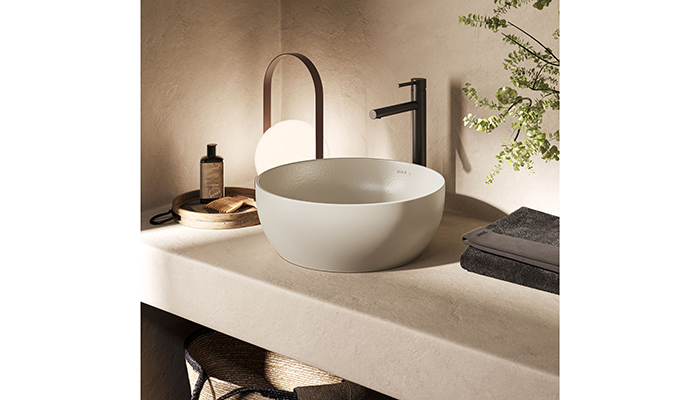
"A significant milestone for VitrA was the introduction of our recycled ceramic washbasin, which embodies the principles of circular manufacturing. The washbasin is crafted entirely from discarded ceramics and other waste materials from our manufacturing process. It sets a new standard in sustainable design within the bathroom industry, exemplifying how waste can become a valuable resource," says Ruth Davies, marketing director, at VitrA.
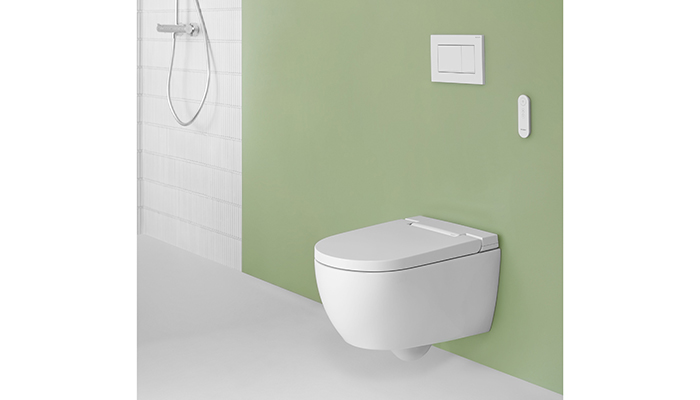
Plastic sanitaryware has always been a vital element in the bathroom as it’s lightweight, durable, and versatile. "How we source and process it is key," says Sophie Weston, head of marketing, Geberit UK. ‘We’ve significantly increased our use of recycled ABS recovered from electronic waste. This material is not only less energy-intensive to produce – up to 80% lower than new plastic – but it also meets our high performance and safety standards. This focus on high-quality recycled material allows us to make components like flush and fill valves that are both durable and more sustainable. We’re also signed up to Operation Clean Sweep, a global initiative to ensure plastic granules and waste don’t enter the environment during processing and production."
Tags: bathrooms, features, environmentally friendly, eco friendly, sustainability, water efficient, abode, duravit, grohe, kaldewei, laufen, vitra, villeroy & boch, ideal standard, geberit
Sign up to our newsletter
Crown Imperial – spring colour palette trends
Sun 22nd Feb 2026





